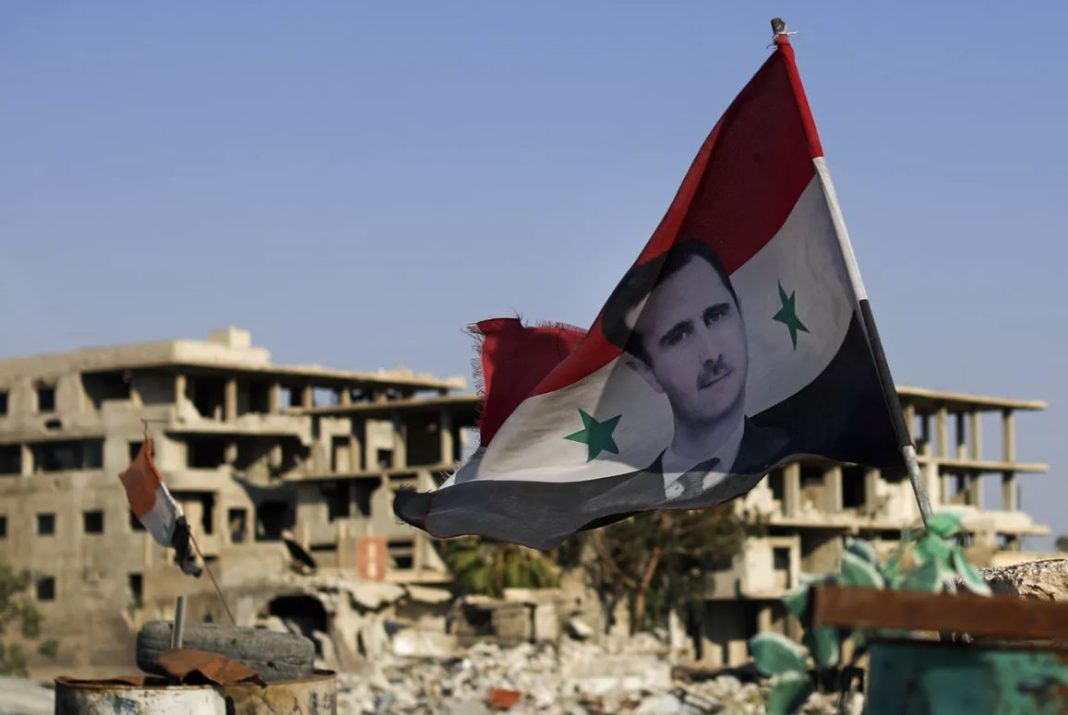The UK-based Syrian Observatory for Human Rights (SOHR) said almost 100 fighters and soldiers were killed during clashes on Wednesday, following an operation launched by HTS, which controls a large area of northwestern Syria.
Activists working with the observatory reported 44 members of HTS killed along with 16 members of allied armed groups.
“Moreover, 37 members of the [Syrian] regime forces including at least four officers of different ranks were killed and five members were captured, while weapon depots, armoured vehicles, machineries and heavy weapons were taken over,” the observatory said in a statement.
The monitoring group also added that civilians, including children, have been killed and injured in the clashes, which saw Syrian army forces fire “hundreds of shells and missiles on civil and military positions” during the fighting.
HTS fighters and their allies advanced almost 10km (6 miles) from the outskirts of Aleppo city and a few kilometres away from Nubl and Zahra, two predominately Shia towns where Hezbollah has a strong-armed presence, a Syrian army source told the Reuters news agency.
HTS forces also attacked the al-Nayrab airport east of Aleppo, where pro-Syrian fighters have outposts.
Reuters news agency reported that the offensive was prompted by stepped-up air strikes in recent weeks against civilians by the Russian and Syrian air force on areas in Syria’s southern Idlib, and also to preempt any attacks by the Syrian army, which was building up troops near front lines with HTS and other groups.
Official state media in Syria did not report the fighting but pro-government websites reported the army had pounded HTS hideouts and killed dozens.
Witnesses said hundreds of families in Aleppo, the last refuge for opponents of al-Assad, fled to safer areas along the Turkish border.
HTS, which is listed as a “terrorist organisation” by the United States, has long been targeted by the Syrian government and Russian forces.
Severing ties to the transnational al-Qaeda group, HTS has rebranded itself in recent years and portrays itself as a more moderate group with local aims in Syria. It has become the most powerful rebel group in northwestern Syria.
Russia entered the Syrian war in 2015 on the side of President al-Assad as his rule looked increasingly under threat from rebel forces.
